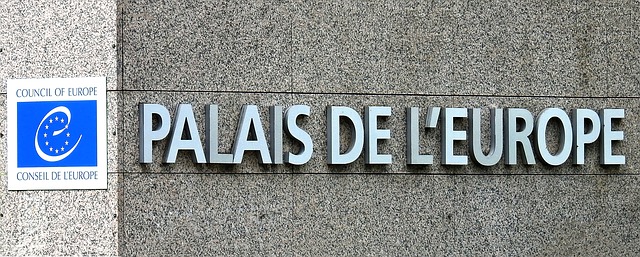Many areas of the world are of course obsessed with making rules and legislation that cover the internet. Unfortunately much of it seems to be focused in specific areas:
- Allowing large companies to make more money.
- Allowing large companies to buy, sell and trade personal data.
- Allowing Governments to access all your personal data.
There genuinely seems to be a bias, there seems little legislation which works the other way. Nothing which protects privacy or makes using the internet safer and fairer for private individuals. There’s a billion dollar industry set up simply on farming your personal data in order to sell you stuff or influence your political opinions. The countries we usually look for a lead in democracy such as the USA and UK again seem set more on the above three areas.
Fortunately there are some options we can take, which are well worth exploring. For example – what is a web proxy? Until recently this would be a simple option to at least hide your web browsing history from being logged at your ISP. Although this will work to some extent, there’s little point in looking for a free euro proxy for any real sense of privacy. The reality is that if you use a web browser then unfortunately most of your browsing happens in clear text registered quite visibly against your ISP allocated IP address. Which unfortunately means that you have virtually no chance of keeping your online activity private.
It’s hardly surprising then, that people feel the need to use VPNs and proxies to take back a little bit more control and privacy online. In facts it’s one of the only steps you can take to genuinely keep some of your online activities a little more secure. Yet even then there is an issue, these EU proxies and VPN servers have to reside somewhere so where is best to choose?
Use an EU Web Proxy
Well most of the major VPN services allow you to select which country you wish, so fortunately we do have a choice. Of course, often this is controlled by other considerations such as geo-location – you want a BBC VPN then it’s going to have to be in the UK. The same with lots of other media sites, pick the country that gives you the best access. Speed and privacy are essential and you’ll unfortunately definitely need a paid service, alas there are no super fast proxy sites in existence anymore. IN fact it’s been a few years since there were any reliable fast proxy sites for video streaming simply because they are easily detected and blocked.
If you’re not restricted like this, then it’s sensible to look to the European Union. Yep a EU Web proxy is likely to be the most secure and protected by decent and fair privacy laws. In fact any of the best paid proxy server companies will have numerous servers available across the European Union and an extensive choice in their Eu proxy list. What’s more some of the EU countries servers are more likely to be quicker and less populated than US and UK servers (although yes the UK is still in the UK at the moment, it does have poor privacy laws).
It’s of course tempting especially if privacy is your main aim, to look for a fast proxy server IP address in somewhere a bit more remote like Russia. However this is not always a wise move, you might think your data there is more secure yet corruption is rife there. That high speed proxy server which is supposed to be secure might be exactly the opposite if there’s a small bribe involved, don’t expect much help from Russian authorities either. Certainly for security an EU web proxy seems the safest option.
The EU does seem to be at least making an attempt to create a sensible digital market place which looks out for both sides. For instance it is currently implementing some changes that stop European digital providers from blocking access based on their location. So a German user cannot access their German Netflix account currently when they happen to be in another European country.
At the moment they too need to use a specific VPN in that country to do this. Just like you do for the BBC, Netflix and most other media companies of any size – it does get complicated simply to watch the BBC abroad as you can see. Perhaps the new legislation being implemented will stop this forcing digital providers to ensure access across the single market. It is hoped that this will happen in 2018 and from then Netflix will no longer be able to block access across European borders, although they’ll probably still do this for the rest of the world.

